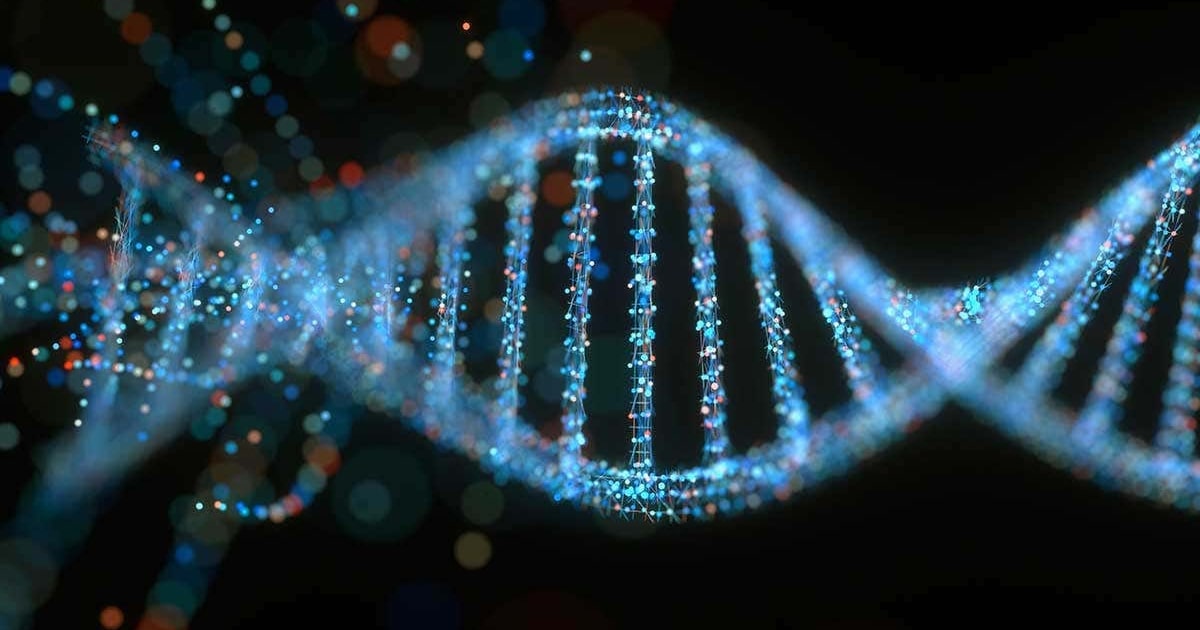
Expert Reviewed By: Dr. Brandon Colby MD
Understanding Erlotinib Response in Cancer Treatment
Erlotinib is a targeted therapy drug used for the treatment of non-small cell lung cancer (NSCLC) and other types of cancer. It works by inhibiting the epidermal growth factor receptor (EGFR), a protein that plays a crucial role in the growth and division of cancer cells. However, not all patients respond to erlotinib treatment, and some may even experience adverse reactions. Genetic testing has emerged as a valuable tool to identify those who are more likely to benefit from erlotinib therapy and to predict potential side effects. This article delves into the role of genetic testing in diagnosing and managing erlotinib response in cancer patients.
Diagnosing Erlotinib Response through Genetic Testing
Recent studies have identified specific genetic variants associated with therapeutic responses and adverse drug reactions to erlotinib in cancer patients. For instance, a study on Chinese advanced NSCLC patients found that certain genetic variants were linked to better treatment outcomes and reduced adverse effects (source). Another study aimed to identify potential biomarkers for erlotinib sensitivity in NSCLC tumors that do not harbor the more common EGFR mutations (source).
These findings highlight the importance of genetic testing in diagnosing erlotinib response in cancer patients. By analyzing a patient's genetic makeup, doctors can determine if the individual is more likely to respond positively to erlotinib treatment or if they may experience adverse reactions. This information can then be used to personalize treatment plans and improve patient outcomes.
Using Genetic Testing to Guide Treatment Decisions
Identifying Patients Who May Benefit from Erlotinib Treatment
Genetic testing can help identify patients who are more likely to benefit from erlotinib treatment. For example, women may be more susceptible to lung cancer than men, with potential differences in biology, treatment response, and prognosis (source). By analyzing a patient's genetic profile, doctors can determine if erlotinib is likely to be an effective treatment option for them, potentially improving their chances of recovery.
Predicting and Managing Adverse Reactions
Some patients may experience adverse reactions to erlotinib treatment, such as skin rash, diarrhea, or fatigue. Genetic testing can help predict these side effects by identifying genetic variants associated with increased risk. This information can then be used to adjust the treatment plan, monitor the patient more closely, or prescribe medications to manage the side effects.
Personalizing Cancer Treatment Plans
As our understanding of the relationship between genetics and erlotinib response continues to grow, genetic testing will play an increasingly important role in personalizing cancer treatment plans. By identifying patients who are more likely to respond to erlotinib and predicting potential side effects, doctors can create tailored treatment plans that maximize the benefits and minimize the risks for each individual.
Conclusion
Genetic testing is a powerful tool in understanding, diagnosing, and managing erlotinib response in cancer patients. By identifying genetic variants associated with treatment outcomes and adverse reactions, doctors can make more informed decisions about the best course of action for each patient. As research continues to uncover new insights into the relationship between genetics and erlotinib response, we can expect genetic testing to play an even more significant role in the future of personalized cancer treatment.
About The Expert Reviewer
Dr. Brandon Colby MD is a US physician specializing in the personalized prevention of disease through the use of genomic technologies. He’s an expert in genetic testing, genetic analysis, and precision medicine. Dr. Colby is also the Founder of and the author of Outsmart Your Genes.
Dr. Colby holds an MD from the Mount Sinai School of Medicine, an MBA from Stanford University’s Graduate School of Business, and a degree in Genetics with Honors from the University of Michigan. He is an Affiliate Specialist of the American College of Medical Genetics and Genomics (ACMG), an Associate of the American College of Preventive Medicine (ACPM), and a member of the National Society of Genetic Counselors (NSGC)